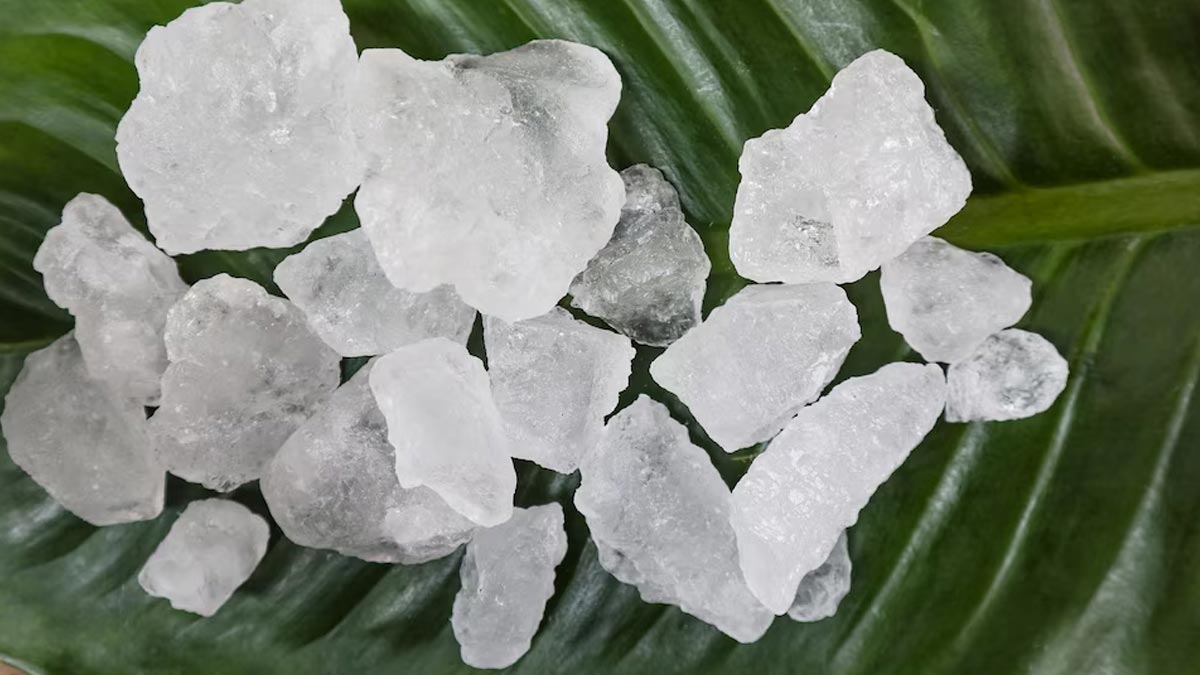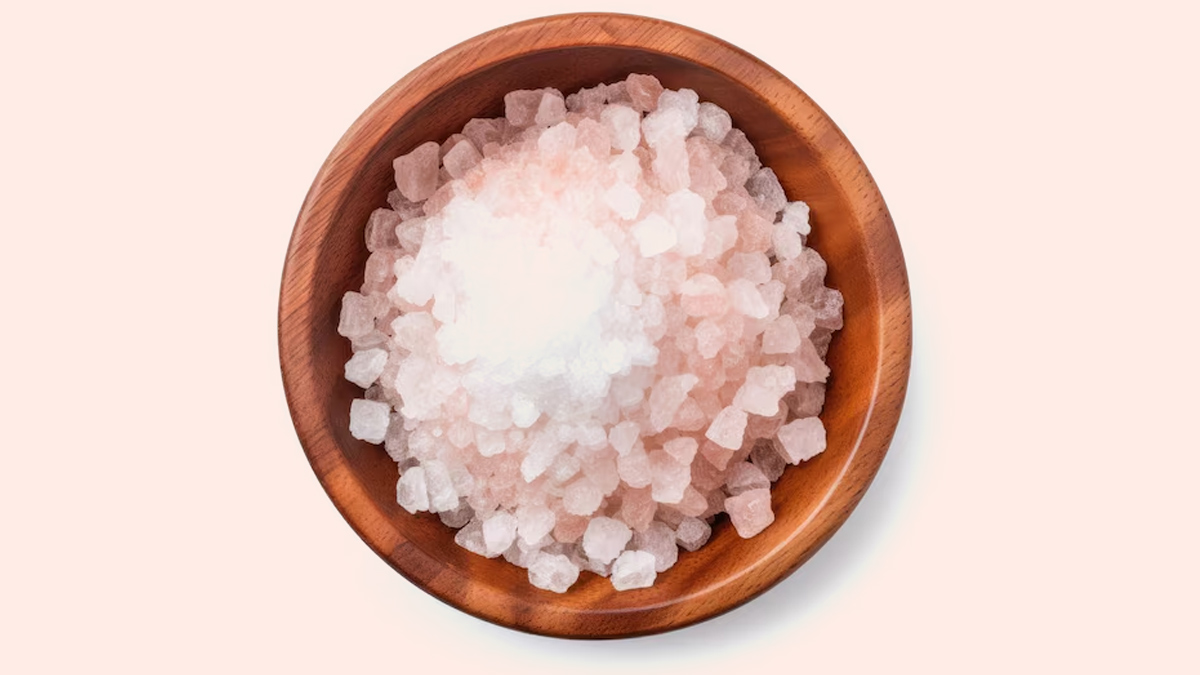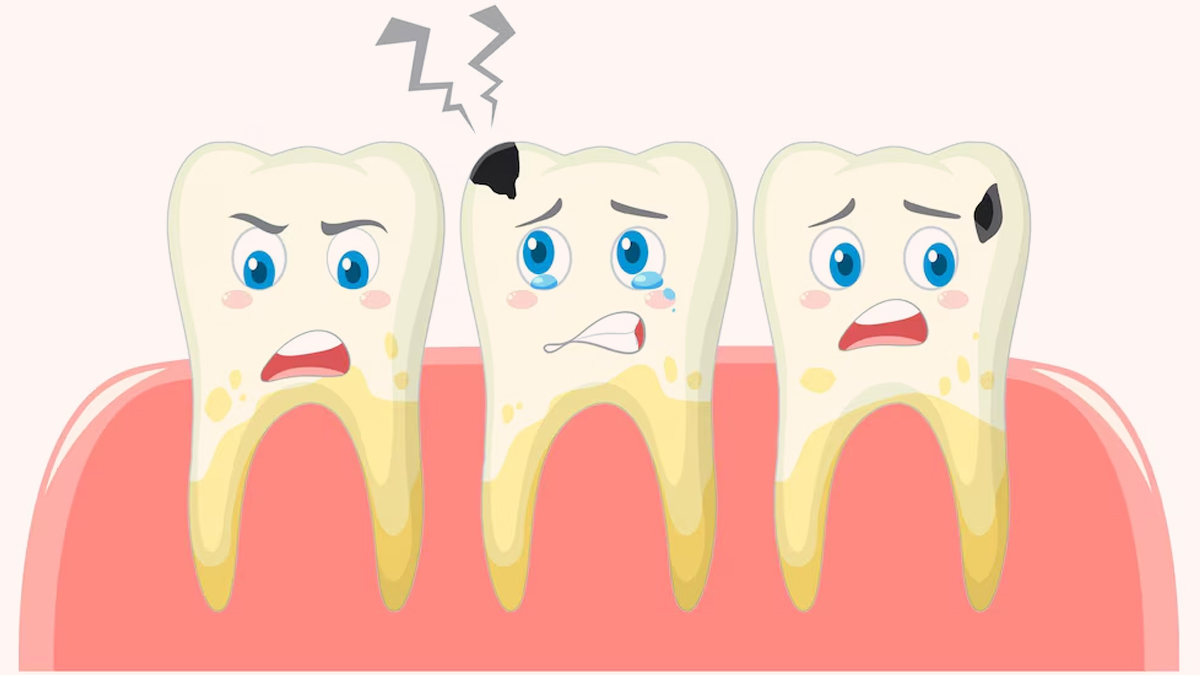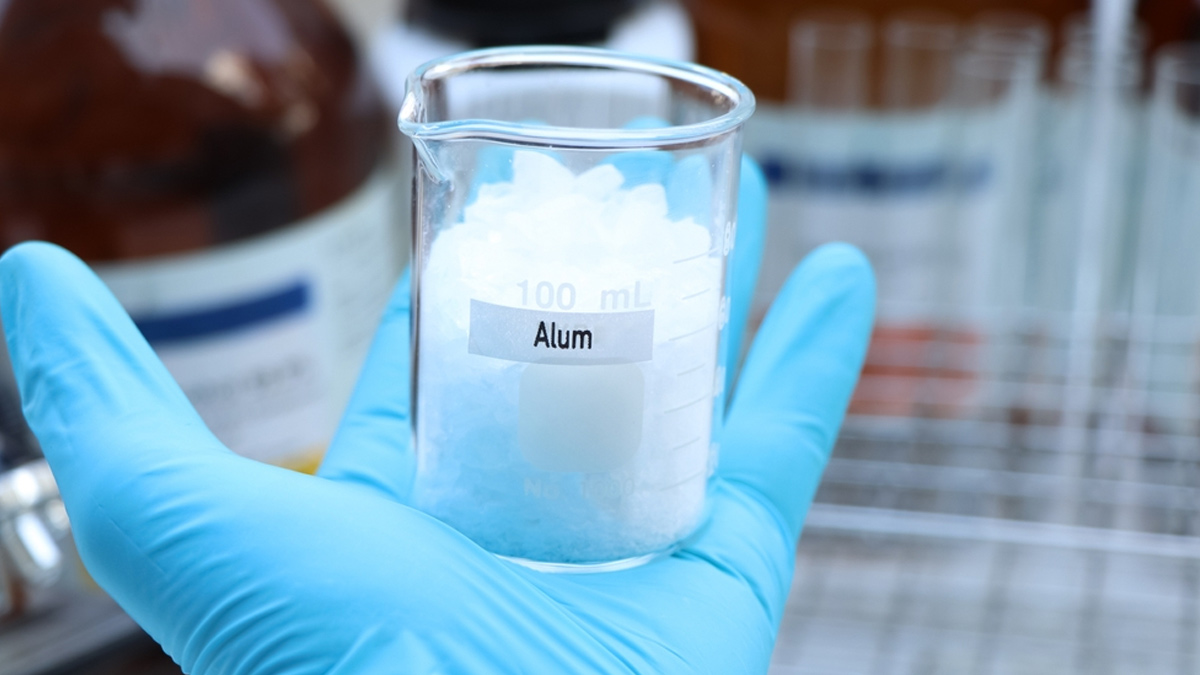
Alum, commonly known in India as phitkari, has been a staple in traditional medicine for centuries. This naturally occurring compound, primarily potassium aluminum sulfate, is well-regarded for its various health benefits. One of its most notable applications is in oral hygiene, where it has been used to combat common dental issues effectively. In this article, we’ll delve into how alum aids oral health and the different ways you can incorporate it into your dental care routine.
Table of Content:-
Antibacterial Properties
Alum is renowned for its potent antibacterial properties, according to a study published by the National Institute of Health. Bacteria in the mouth are responsible for many oral issues, including bad breath, cavities, and gum diseases. By using alum, you can reduce the bacterial load in your mouth, leading to fresher breath and a healthier oral environment.

Astringent Qualities
Studies have shown astringent properties in alum which help tighten gums and reduce inflammation. This is particularly beneficial for individuals suffering from gingivitis or other gum diseases. Regular use can result in firmer, healthier gums.
Antifungal Action
Besides bacteria, fungi like Candida can also cause oral health problems, such as oral thrush. Alum’s antifungal properties make it an effective remedy for such infections, helping to maintain a balanced microbial environment in the mouth.
Also read: Try These DIY Mouthwashes To Revitalise Your Oral Health
Reducing Bleeding and Ulcers
Alum can aid in reducing minor bleeding in the mouth, such as from small cuts or abrasions. Additionally, it helps in healing mouth ulcers by creating a protective layer over the sore, allowing it to heal faster.

Plaque and Tartar Control
Regular use of alum can prevent the buildup of plaque and tartar, which are primary contributors to tooth decay and gum disease. By keeping your teeth free of these deposits, alum promotes overall oral health.
How to Use Alum for Oral Hygiene
Incorporating alum into your oral care routine is straightforward. Here are several methods to utilize alum effectively:
1. Alum Mouthwash
Ingredients: A small piece of alum, water.
Preparation: Dissolve a small piece of alum in a glass of water. Ensure it is completely dissolved to avoid any abrasive particles.
Usage: Use this solution as a mouthwash. Swish it around in your mouth for about a minute, ensuring it reaches all areas, and then spit it out. This can be done once daily, preferably after brushing your teeth at night.
Also read: Oral Hygiene Practices To Follow After Every Time You Eat Or Drink

2. Alum Powder for Gum Massage
Ingredients: Alum powder.
Preparation: Grind alum into a fine powder if you have it in crystal form.
Usage: After brushing your teeth, take a pinch of alum powder and gently massage your gums with it for a couple of minutes. Rinse your mouth thoroughly with water afterward. This helps in tightening the gums and reducing inflammation.

Precautions
While alum is beneficial for oral hygiene, it is essential to use it correctly to avoid any adverse effects. Here are some precautions to keep in mind:
Avoid Overuse: Excessive use of alum can lead to irritation and dryness in the mouth. Stick to recommended usage frequencies.
Dilute Properly: Always ensure alum is adequately dissolved in water when used as a mouthwash or in solutions to prevent abrasion to the teeth and gums.
Consult a Dentist: If you have severe gum disease or persistent oral health issues, it’s advisable to consult a dentist before starting any home treatment with alum.
Conclusion
Alum is a versatile and effective remedy for maintaining oral hygiene. Its antibacterial, antifungal, and astringent properties make it an excellent addition to your dental care regimen. By using alum mouthwash, gum massage, ulcer treatment, and as a toothpaste additive, you can enjoy a healthier mouth and a brighter smile. However, moderation and proper usage are key to reaping the benefits without any negative effects.
Also watch this video
How we keep this article up to date:
We work with experts and keep a close eye on the latest in health and wellness. Whenever there is a new research or helpful information, we update our articles with accurate and useful advice.
Current Version